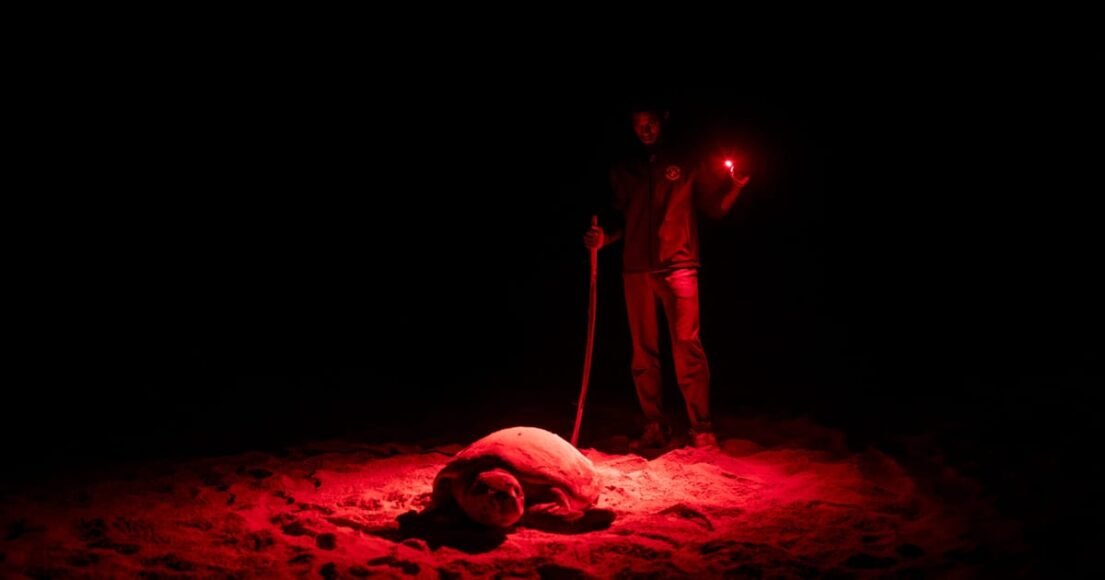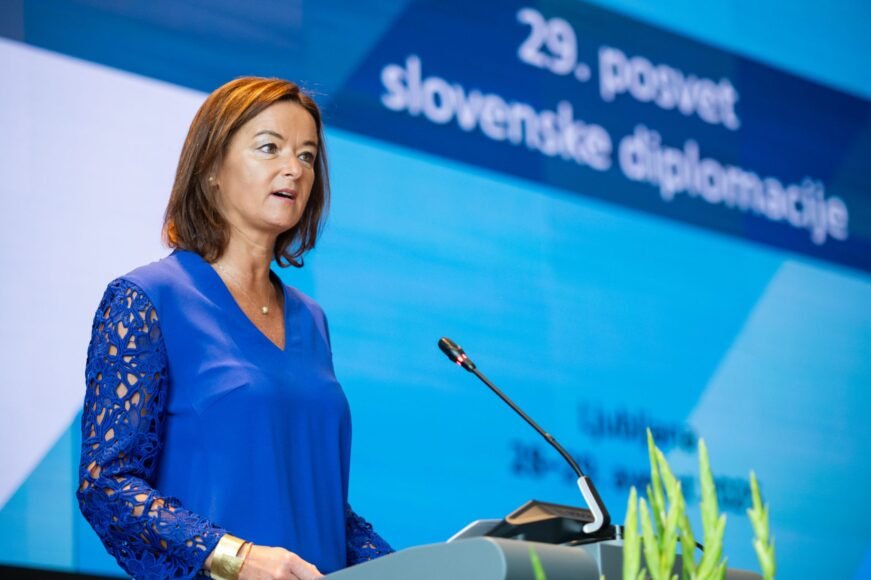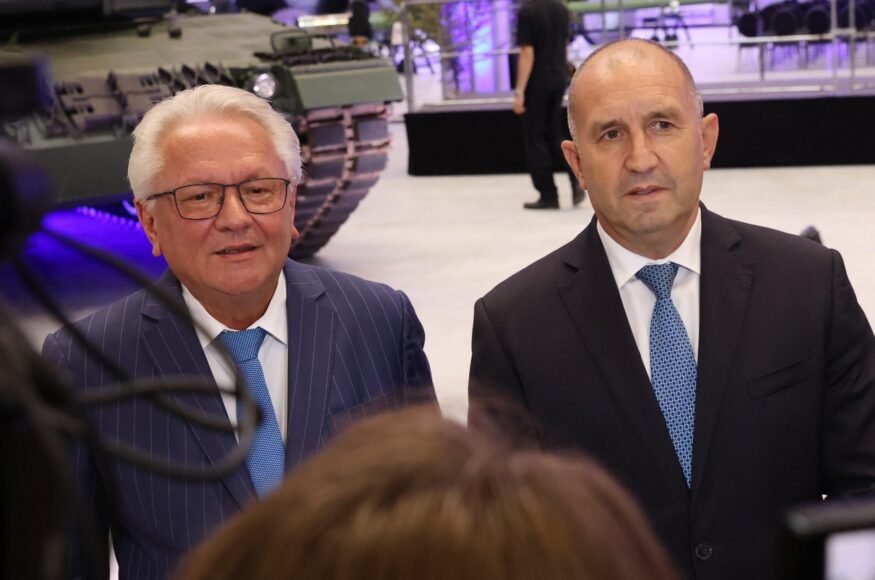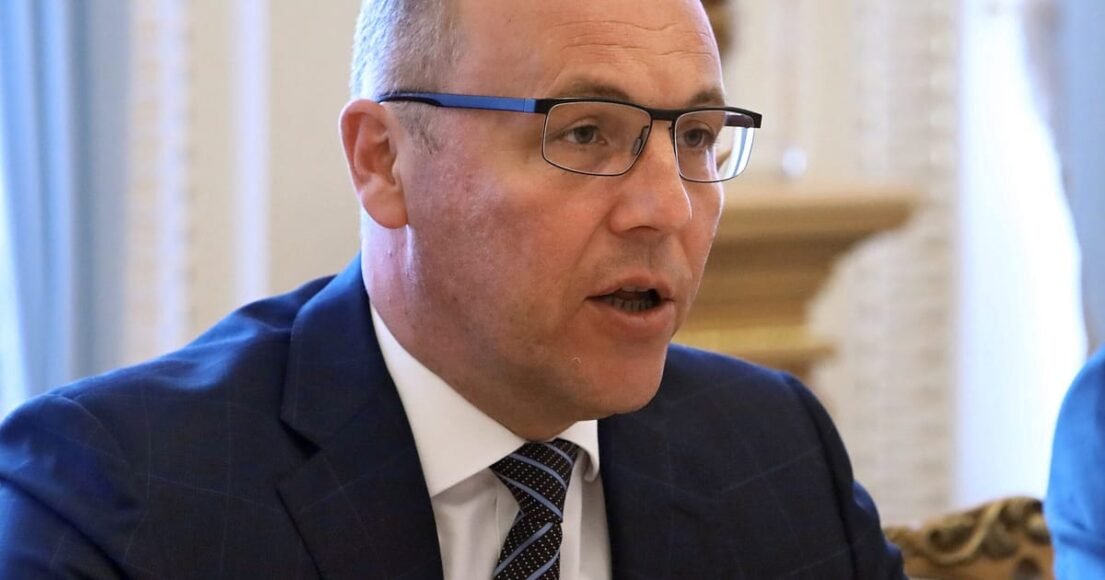After reports emerged that Kyiv had started deploying long-range missiles last week, Russian President Vladimir Putin issued a stern warning, stating that the Kremlin “reserved the right” to target military facilities in nations that supplied such weapons to Ukraine.
Germany, however, has consistently refused to supply similar military aid. On Friday, German Chancellor Olaf Scholz reaffirmed his position, ruling out the possibility of sending German-made Taurus cruise missiles to Ukraine. Scholz’s cautious stance on the conflict in Ukraine has become a key component of his re-election strategy ahead of Germany’s snap election set for February 23. His self-described “prudent” approach also includes rejecting proposals from France to potentially deploy Western trainers or troops to Ukraine.
In contrast, French officials appear more open to robust support for Kyiv. French President Emmanuel Macron has previously indicated that he wouldn’t rule out sending troops if Russia were to breach Ukraine’s front lines. On Friday, French envoy Olivier Barrot reiterated that all options remained on the table, echoing Macron’s earlier comments.
Barrot also emphasized France’s backing of Ukraine’s eventual NATO membership, a proposal first introduced by Macron last year. Speaking after discussions with British Foreign Minister David Lammy in London, Barrot expressed Paris’s willingness to invite Ukraine closer to NATO. “We are open to extending an invitation, and in our talks with friends and allies of Ukraine, we are working to bring them closer to our positions,” he said.













Leave a Reply